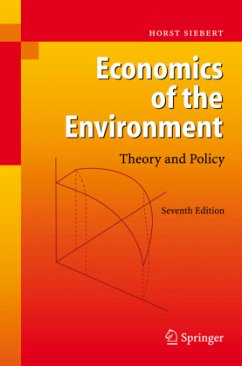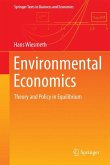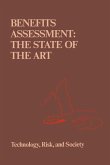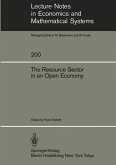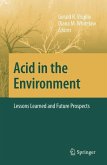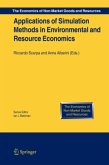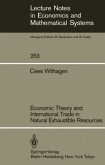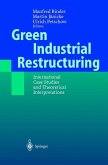The labor of nature is paid, not because she does much, but because she does little. In proportion as she becomes niggardly in her gifts, she exacts a greater price for her work. Where she is munificently bene- cent, she always works gratis. 1 David Ricardo This book interprets nature and the environment as a scarce resource. Whereas in the past people lived in a paradise of environmental superabundance, at present environmental goods and services are no longer in ample supply. The environment fulfills many functions for the economy: it serves as a public-c- sumption good, as a provider of natural resources, and as receptacle of waste. These different functions compete with each other. Releasing more pollutants into the environment reduces environmental quality, and a better environmental quality implies that the environment's use as a receptacle of waste has to be restrained. Consequently, environmental disruption and environmental use are by nature allocation problems. This is the basic message of this book.
Bitte wählen Sie Ihr Anliegen aus.
Rechnungen
Retourenschein anfordern
Bestellstatus
Storno

